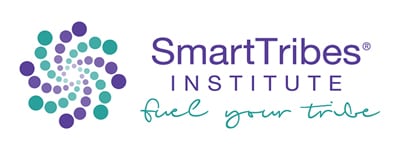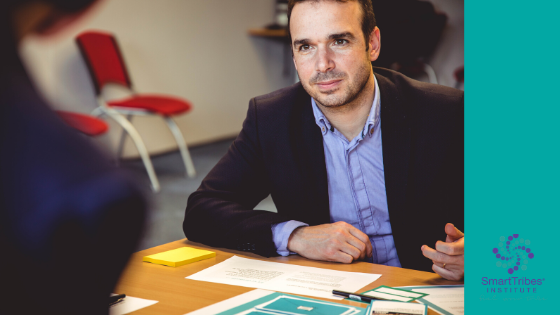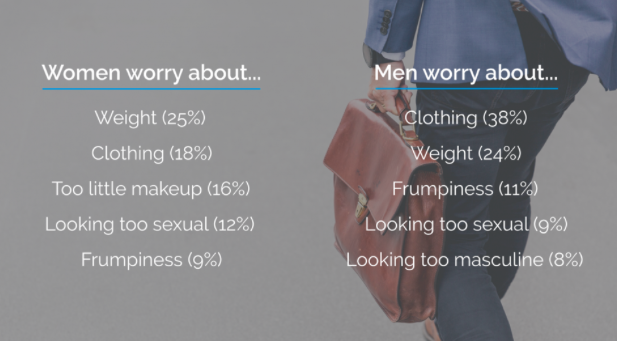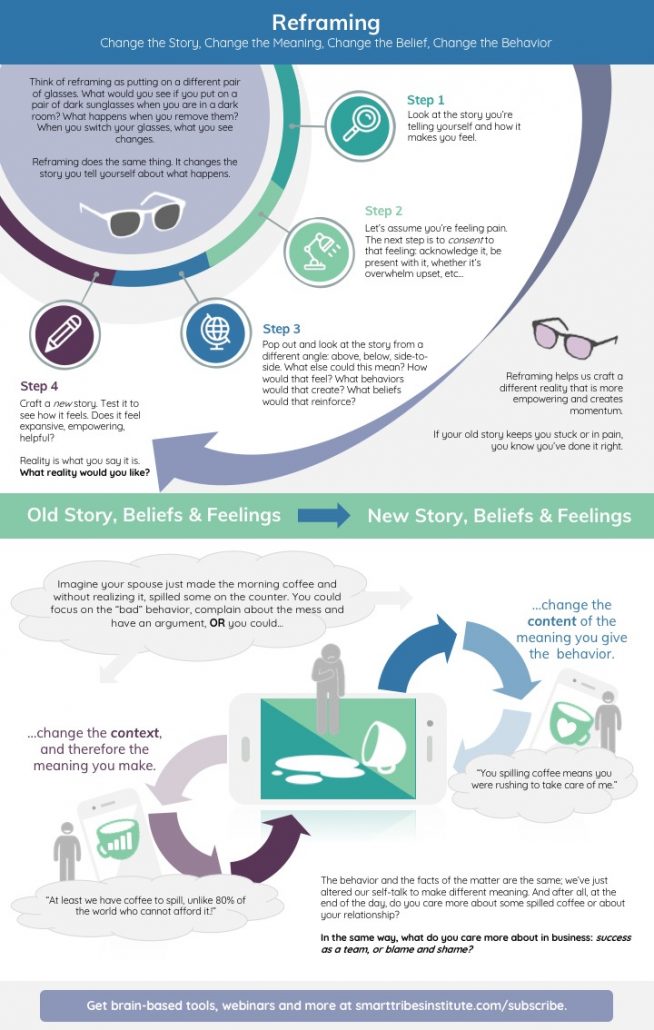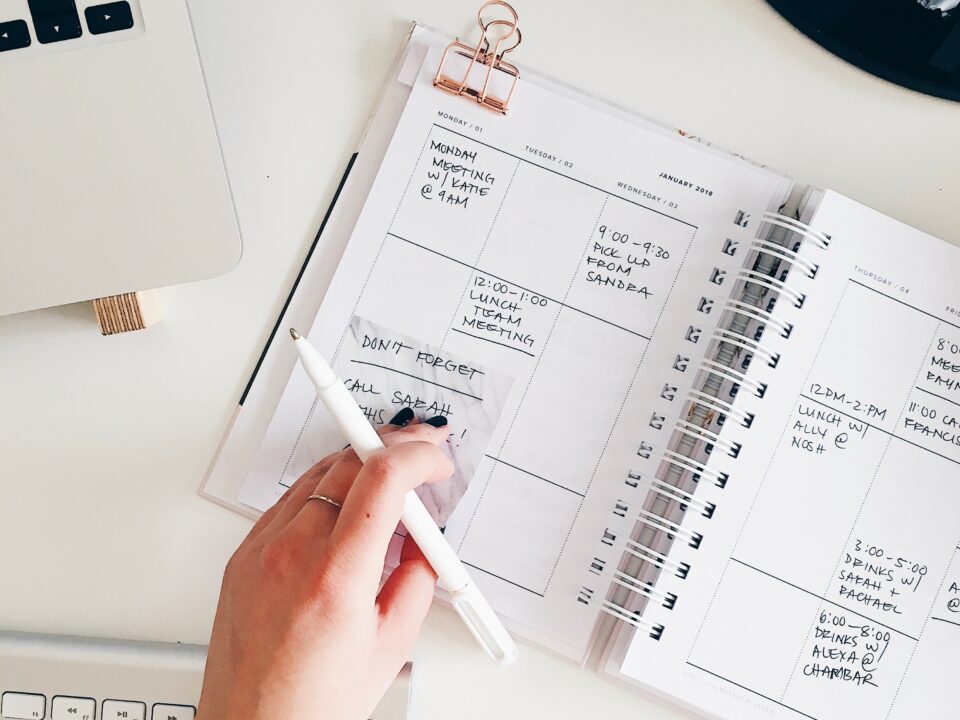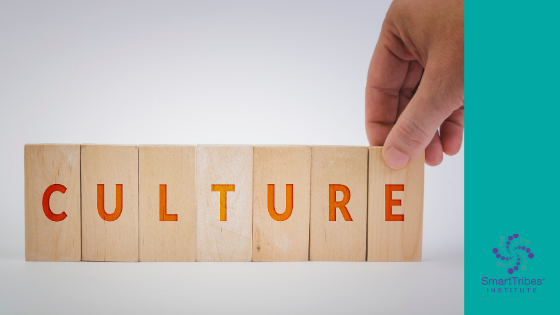For many, 2020 will be a year of promise, planning, and potentially even a job change. And we all know that before we can move into a new position, we have to complete an interview or two (and then actually get offered the job). If your stomach is in knots at just the mention of this process, take a deep breath! Today, you’ll learn everything you need to know about reframing your job interview.
(On the other side of this scenario? I’d love to invite you to this year’s Culture Camp, which is May 7-8 in Phoenix, Arizona. We’ll be covering optimal engagement, performance, recruiting, and retention!)
Will You Stay or Will You Go?
According to the U.S. Bureau of Labor Statistics, most Americans will hold 12 jobs over the lifespan of their careers. That’s a lot of jobs, which means you’ll likely face quite a few transitions (and even more job interviews). In fact, the report goes on to state that “Many workers spend five years or less in every job, so they devote more time and energy transitioning from one job to another.” Wow!
I have all sorts of things to say about how empowered employees are more likely to stay in an organization (and stay engaged). However, I also understand that sometimes, you just need to move on. Whether you’re relocating to a new place, or just need a change of pace, let’s talk about how you can reframe your interview anxiety and set yourself up for success!
First things first: how likely are you to even get an interview? Well, according to Zety’s breakdown of 2020 statistics, Glassdoor estimates that, “On average, each corporate job offer attracts 250 resumes. Of those candidates, 4 to 6 will get called for an interview, and only one will get the job.” That means that if you got called in for an interview, you truly stood out! Take that as a compliment, and use it to bolster your confidence. You’ve already set yourself apart from other candidates.
Interview Mindset
Considering that good news, let’s consider other important things that should be on your mind.
Weight, clothing choices, makeup, frumpiness….
Wait, what?!
Who would be spending time and energy obsessing over those external factors, rather than really keying into what matters? Shouldn’t you be considering factors like corporate culture, engagement levels, and perceived fit? (After all, you’re interviewing them as well!)
According to JDP, however, quite a few candidates are worried about exactly those trivial types of issues. In fact, in a recent survey, “The majority of respondents (88 percent) believe that appearance has the ability to influence others’ perceptions of their competence, so it should come as no surprise that 86 percent feel it’s important to look physically attractive in an interview setting.”
As you can see in JDP’s graphic (below), here are a few other common worries that crop up for interviewees:
Here’s my opinion: if you go into an interview with those issues as your primary concerns, you aren’t going to be able to present a full picture of who you are, or all that you’re bringing to the table. Instead, you’ll feel self-conscious, weighed down, and stressed. That’s not a good way to make a great first impression!
The solution?
Let’s talk about reframing!
(Out of time? Feel free to listen to a great podcast episode that gets to the heart of reframing, right over on Crack the Behavior Code.)
Here at SmartTribes, we continually bring our focus back to proven processes, techniques, and tools that can help individuals and businesses take things to the next level. Reframing does exactly that.
You can think of it as choosing to see your situation (like your upcoming job interview) through a different pair of lenses. In addition, you get to choose what color, if any, those lenses are. You can even opt to take them off. After all, this is your life!
Whatever lenses you show up in, however, will change what you see. That’s exactly why reframing is so powerful. It literally changes what you “see” and experience, and it allows you to shift your focus to what really matters. Here’s a quick, big-picture look at how it works:
How might you use reframing before a big interview?
Reframing Your Job Interview
Let’s break it down:
-
Look at your current interview story.
“Will they think I’m overweight? Do I look frumpy? Is this outfit too sexy? Too masculine?”
Or even…
“I’m not qualified enough. Why would I ever be chosen? What made me think I could ever be a good fit for this job?”
-
Consent to that feeling and be present with it.
You might find it helpful to use this Emotion Wheel to help you identify (and then truly feel!) what these thoughts are bringing up for you.
-
Look at the story from a different angle.
What has been valued about me in other positions I’ve held? (I bet it had nothing to do with appearance).
Why did I apply for this job in the first place?
What am I most excited about when considering this organization?
Why did I apply for this job in the first place?
What am I bringing to the table that I’m most proud of?
Why would my colleagues or peers think of me as being qualified for this?
What do I WANT the focus of this interview to be?
-
Create a new story, and test it out.
“I was chosen for this interview because I’ve already communicated my value or potential fit for this position. I can’t wait to meet the hiring team and see if our energy seems like a good match!”
“My aptitudes and personality are a perfect fit for this position. It’s exciting to think I’ll get a chance to show those traits to the hiring committee soon.”
“My personal sense of style is a little quirky, and I really value that about myself. I’m choosing to trust that the perfect position for me is one in which others value that part of me too. If that’s not the case here, I’m happy to move on and find a better fit elsewhere.”
The Net-Net
At the end of the day, remember that the stories you tell yourself about your upcoming interview will definitely be factors that contribute to how you are perceived (and how successful your interview is)! Rather than staying stuck in a negative thought pattern, invest the time in reframing your upcoming interview. You’ll be pleasantly surprised at what a difference it can make!
